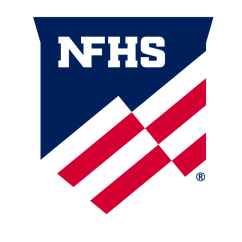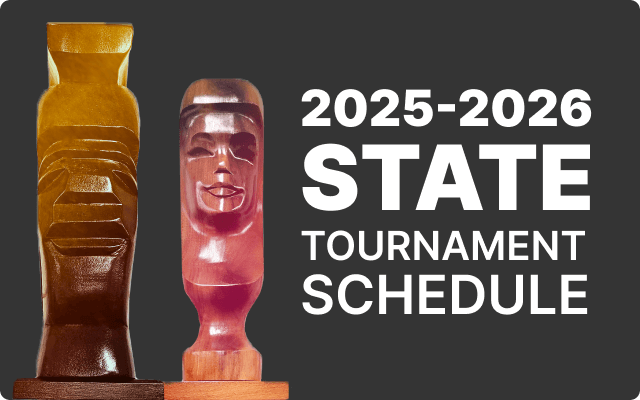The NFHS Voice

 The NFHS Voice
The NFHS Voice
What Have We Learned During the Pandemic in High School Sports, Performing Arts?
Dr. Karissa L. Niehoff, NFHS Executive Director
We are excited about a potential full return to competition this fall for high school athletics and performing arts programs. With the expectation that a majority of adults will have received the COVID-19 vaccine, and perhaps many young people, there is a hope that all states will be able to return to “normalcy” when schools open this fall.
So, what must we remember?
• The Mental and Emotional Health of Students is Tied to Participation. In a study conducted by the University of Wisconsin’s School of Medicine examining the impact of school closures on the health of more than 3,000 Wisconsin high school athletes, 65 percent of those surveyed reported symptoms of anxiety, and 68 percent reported symptoms of depression. There was a 50 percent reduction in physical activity, and a significantly lower report of quality of life. Involvement in high school sports and activities is absolutely vital to the social, emotional and mental health of high school students.
• We Must Be Thankful and Appreciative. The pandemic hopefully has helped us to become better people – thankful and appreciative for what we have. For the first time in the lives of most individuals, normal daily activities were essentially gone – in an instant – and for a period of time the future regarding return to “normal” life was uncertain, and a bit scary. Hopefully, those who may have held critical perspectives about education-based activities will now have more compassionate perspectives, and we all will realize the incredible blessing we have to be involved in high school athletics and activities programs.
Coaches were faced with not being able to communicate with players face to face in the early days of the pandemic, but, because of the dedication and “out of the box” thinking of many, teams were able to stay united and active – thanks to various online communications platforms.
More so than in the past, with states returning to play at different times based on specific regulations, we learned there is no right or wrong in many cases. We have learned to be open to other people’s ideas, opinions and observations. We must continue to value the thoughts of other people and the value of collaboration.
• We Must Show Respect for Opponents, Officials and Others. In the case of contest officials, many individuals made great sacrifices to continue officiating during the pandemic – perhaps even putting their own lives at risk – in order for games to continue to be played. While we desperately need more individuals to officiate high school sports, we must ensure that they are treated with respect and protected from verbal and physical abuse. Let’s hope that the restoring of high school sports after the pandemic will bring a greater degree of respect for officials, opponents and others.
• We Can Do Anything. If students, coaches, parents, administrators and others can work successfully through the impact of COVID-19, they can handle any adversity that comes their way. The perseverance required to survive this past year should bring a new level of confidence about handling adversity in the future.
As we return to athletics and activities, let’s remember how difficult it was to be without them, and let’s be the best participants, coaches, fans and leaders that we can be!
Dr. Karissa L. Niehoff is in her seventh year as chief executive officer of the National Federation of State High School Associations (NFHS) in Indianapolis, Indiana. She is the first female to head the national leadership organization for high school athletics and performing arts activities and the sixth full-time executive director of the NFHS. She previously was executive director of the Connecticut Association of Schools-Connecticut Interscholastic Athletic Conference for seven years.









